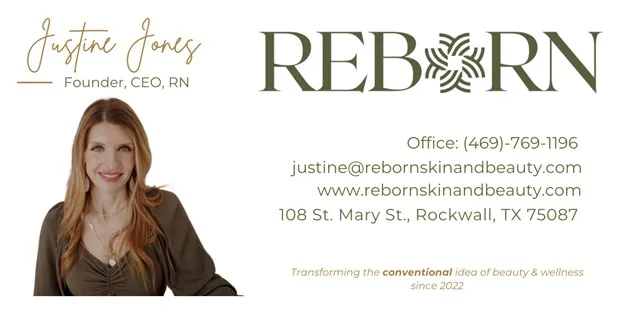Last updated on May 30, 2024
One crucial aspect of both health and beauty is our skin, the body’s largest organ. While topical treatments and skincare routines are essential, they only address part of the equation. True skin health starts from within, and nutrition plays a pivotal role in maintaining a clear, youthful complexion.
The Vital Connection Between Diet and Skin Health
Our skin reflects our overall well-being. What we consume directly impacts its condition, influencing everything from moisture levels to elasticity to the likelihood of breakouts. Poor dietary choices can lead to inflammation, dullness, and premature aging, while nutrient-rich foods can enhance the skin’s natural glow, resilience, and clarity.
Key Nutrients for Skin Health
To maintain healthy skin, it’s essential to include specific nutrients in your diet. These nutrients support various skin functions, including cell regeneration, moisture retention, and protection against environmental damage.
Antioxidants
Antioxidants protect the skin from damage caused by free radicals, which are unstable molecules that can accelerate aging and contribute to skin diseases. Foods rich in antioxidants include:
- Berries: Blueberries, strawberries, and raspberries are loaded with vitamins and antioxidants that combat free radicals and reduce signs of aging.
- Dark Chocolate: Contains flavonoids that help protect the skin from UV damage and improve hydration. Choose chocolate with at least 70% cocoa content.
- Nuts and Seeds: Almonds, walnuts, and flaxseeds are excellent sources of vitamin E and selenium, both powerful antioxidants.
Omega-3 Fatty Acids
Omega-3 fatty acids help maintain the skin’s lipid barrier, which is crucial for keeping the skin hydrated and supple. These healthy fats also have anti-inflammatory properties that can help with conditions like acne and eczema.
- Fatty Fish: Salmon, mackerel, and sardines are rich in omega-3 fatty acids. These fish also provide high-quality protein, essential for skin repair.
- Chia Seeds: A plant-based source of omega-3s, chia seeds can easily be added to smoothies or yogurt.
Vitamins and Minerals
Certain vitamins and minerals are critical for skin health:
- Vitamin C: Essential for collagen production, which keeps the skin firm and elastic. Citrus fruits like oranges, lemons, and grapefruits are excellent sources of vitamin C.
- Vitamin A: Helps maintain healthy skin cells. Sweet potatoes, carrots, and leafy greens are rich in beta-carotene, which the body converts into vitamin A.
- Zinc: Vital for skin repair and inflammation control. Foods like pumpkin seeds, lentils, and chickpeas provide a good amount of zinc.
Foods to Incorporate for a Clear Complexion
Fruits and Vegetables
Incorporate a rainbow of fruits and vegetables into your diet to ensure a variety of nutrients:
- Leafy Greens: Spinach, kale, and Swiss chard are high in vitamins A, C, and E, which help repair and renew skin cells.
- Berries: Besides being rich in antioxidants, berries provide a sweet way to satisfy sugar cravings without the negative effects of refined sugars.
Healthy Fats
Healthy fats are crucial for maintaining the skin’s moisture barrier:
- Avocados: Packed with healthy fats, vitamins E and C, avocados help maintain moisture and protect the skin from oxidative damage.
- Nuts and Seeds: As mentioned, these are great sources of essential fatty acids and antioxidants.
Whole Grains
Whole grains provide B vitamins, which are important for skin health:
- Quinoa: High in protein and antioxidants, quinoa supports skin repair and reduces signs of aging.
- Brown Rice: Contains ceramides that help maintain the skin’s moisture barrier.
Hydration
Staying hydrated is fundamental for maintaining skin health:
- Water: Aim to drink at least eight glasses a day to keep your skin hydrated and to flush out toxins.
- Herbal Teas: Green tea is particularly beneficial due to its high antioxidant content.
Probiotics
A healthy gut can lead to clear skin:
- Yogurt: Choose plain, unsweetened yogurt to avoid added sugars. Yogurt provides beneficial probiotics that support a healthy gut.
- Kefir: Another fermented product rich in probiotics that can improve gut and skin health.
Final Thoughts
By combining advanced skincare treatments with proper nutrition, you can help achieve and maintain a clear, radiant complexion. Remember, what you eat plays a significant role in how your skin looks and feels. By incorporating these nutrient-dense foods into your diet, you can enhance your skin’s health from the inside out.
Consistency is key. Just as you maintain a regular skincare routine, adopting these dietary habits will yield the best results over time.
Here’s to nourishing your skin and achieving that radiant glow you deserve!


































